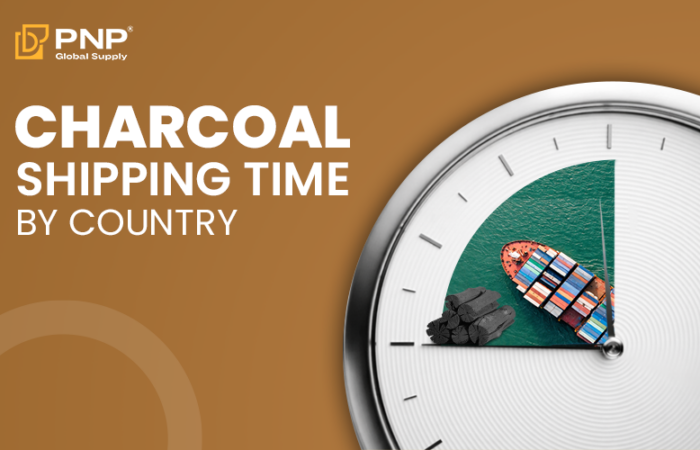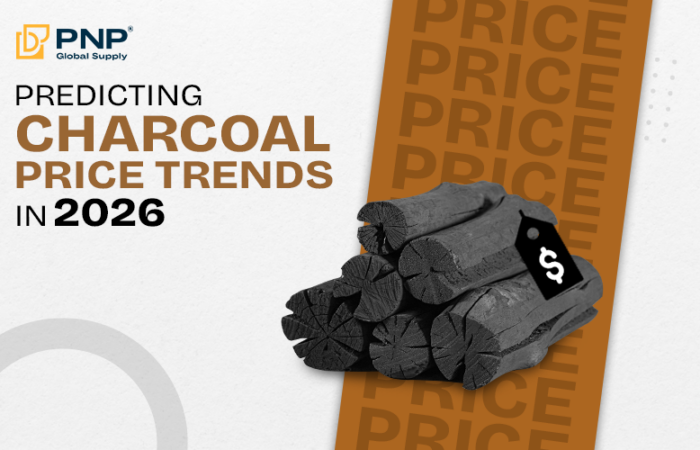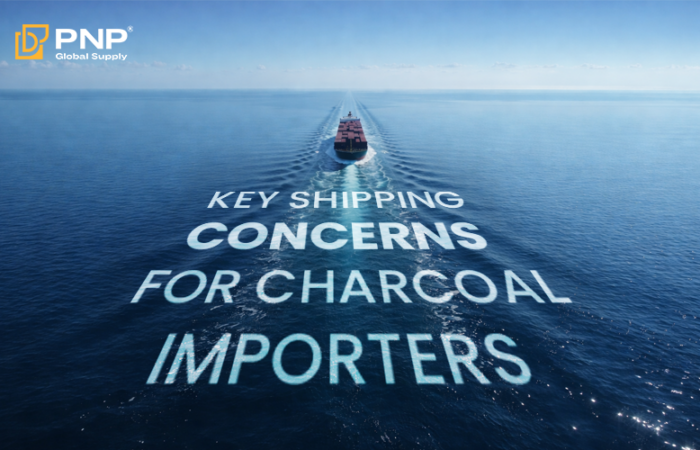In 2025, as clean energy solutions and eco-conscious living continue to influence global markets, charcoal remains a vital fuel source. It powers everything from backyard barbecues to large-scale industrial processes. With rising demand, understanding the top countries that import charcoal is essential for suppliers, exporters, and businesses looking to buy charcoal or expand their reach in the global market.
This guide highlights the five leading charcoal importing countries, explaining why they dominate global demand and what matters most when entering these markets.
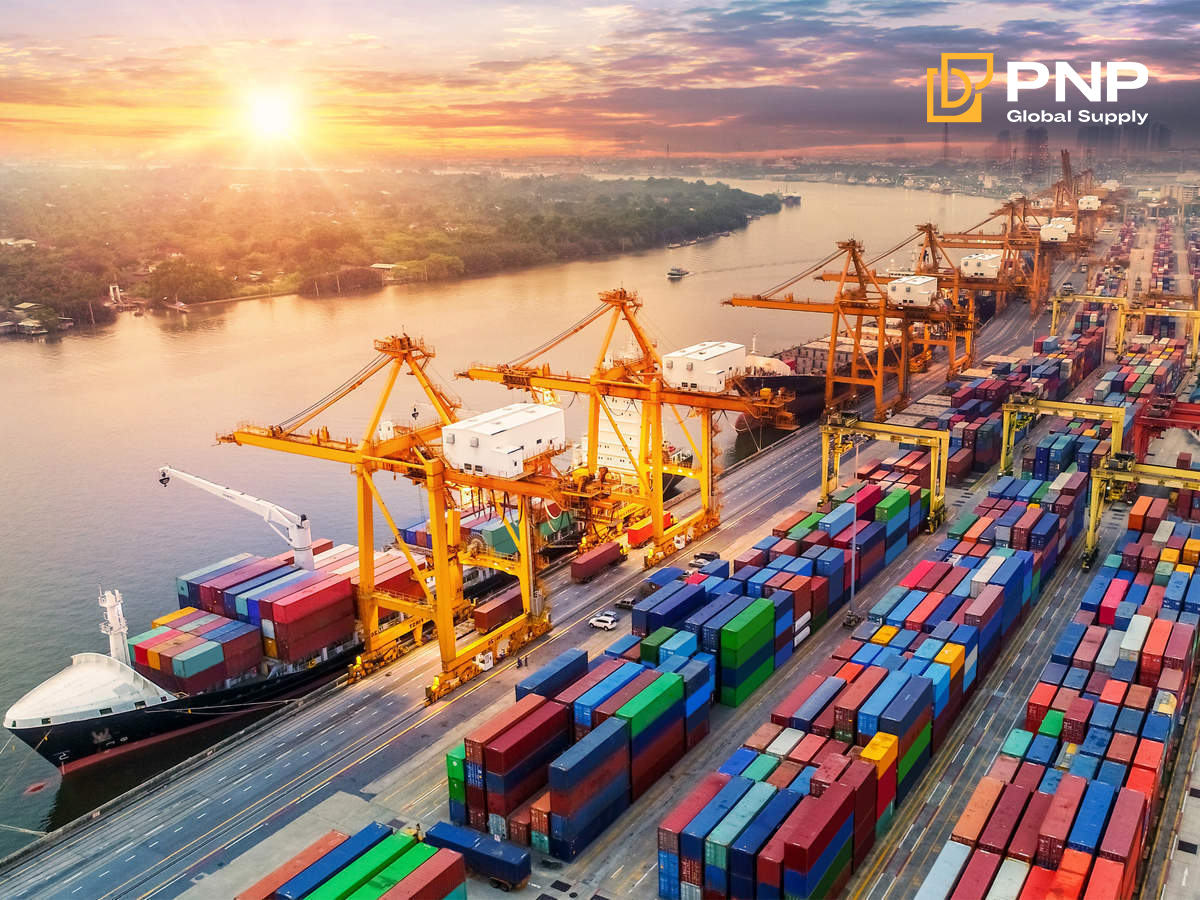
China – The Global Leader in Charcoal Imports
According to the latest statistics from WITS, it shows that:
- Import Value (2023): $209 million
- Import Volume: 666,722,000 kg
China stands out as the top among all countries that import charcoal, largely due to its massive manufacturing sector and growing demand for both industrial and consumer-grade charcoal. Despite local production, China continues to import charcoal in large volumes to meet nationwide needs.
Top suppliers to China:
- Myanmar – $80.17 million (310.9 million kg)
- Philippines – $46.06 million (96.2 million kg)
- Indonesia – $24.71 million (62.6 million kg)
- Lao PDR – $24.55 million (89.6 million kg)
- Vietnam – $14.63 million (64.8 million kg)
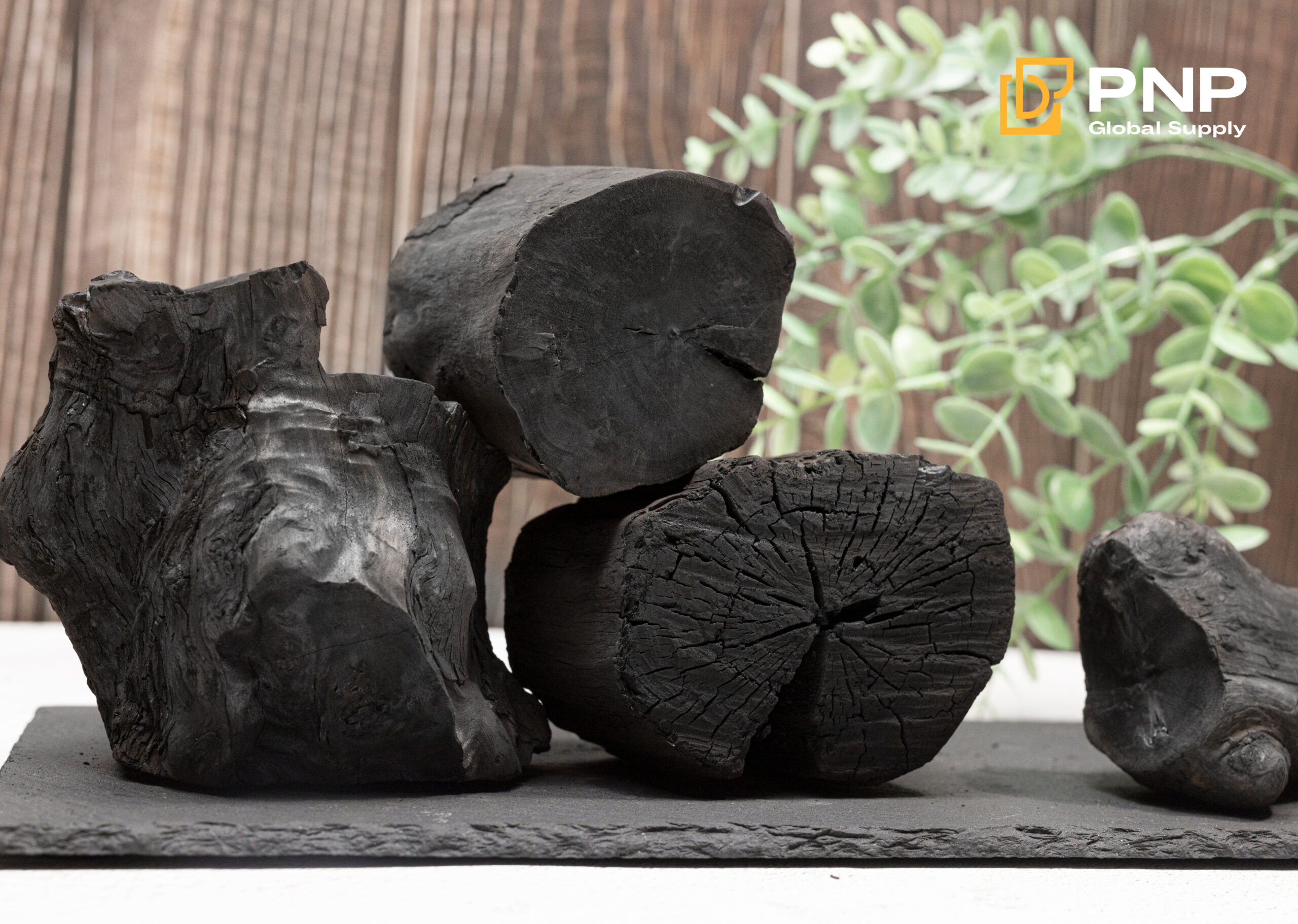
Why China is a top importer
- Charcoal used in steel production and chemical industries
- Strong BBQ culture with rising middle-class consumption
- Close proximity to ASEAN charcoal exporters
Exporters hoping to enter this market should emphasize competitive pricing, stable supply, and adherence to China’s quality certifications.
Saudi Arabia – Middle East’s Charcoal Powerhouse
Recent WITS statistics reveal that:
- Import Value (2023): $148.4 million
- Import Volume: 177,909,000 kg
As one of the top wood charcoal importers, Saudi Arabia reflects deep-rooted cultural traditions. Charcoal is central to cooking, social gatherings, and shisha lounges across the Kingdom.
What fuels Saudi Arabia’s charcoal imports:
- Traditional dishes like Mandi require high-quality charcoal
- High usage in cafes for shisha
- Preference for hardwood or white charcoal with long burn time and no smell
Exporters must prioritize high-end product quality, durable packaging, and heat resistance for desert transportation.
Learn more why vietnam’s second largest charcoal export market in west asia
South Korea – A Growing Market Fueled by BBQ Culture
According to updated WITS statistics, we can observe that:
- Import Value (2023): $142.7 million
- Import Volume: 131,950,000 kg
Among the fastest-growing charcoal importing countries, South Korea’s demand is driven by a love for grilled food and interest in sustainable energy sources.
What makes South Korea a key importer:
- Korean BBQ restaurants favor clean, long-burning charcoal
- Rising awareness of eco-friendly alternatives like coconut or coffee charcoal
- Restaurants seek low-ash, uniform charcoal for indoor cooking
If you’re looking to import charcoal into South Korea, focus on sustainability, modern packaging, and branding to meet their high standards.
Japan – High-End Market for Premium Charcoal
According to the latest data from WITS, it is evident that:
- Import Value (2023): $128.8 million
- Import Volume: 137,369,000 kg
Japan is one of the most discerning wood charcoal importers. Known for its culinary traditions and high standards, Japan values artisanal charcoal like binchotan, which is used in yakitori restaurants and premium establishments.
What Japanese buyers demand:
- Charcoal with fixed carbon above 80%
- No odor, low smoke, and consistent burn quality
- Certifications proving sustainable sourcing
Exporters targeting Japan should expect a premium market that rewards high craftsmanship, sustainability, and consistent quality.
United States – The Largest Western Market for Charcoal
WITS’s latest report shows that:
- Import Value (2023): $114.1 million
- Import Volume: 146,790,000 kg
The U.S. remains a top destination for charcoal importing countries, thanks to its BBQ culture and diverse outdoor cooking traditions.
What drives U.S. charcoal demand:
- Strong retail demand for grilling season and outdoor events
- High usage by food trucks, restaurants, and caterers
- Increasing market share for sustainable and organic charcoal
U.S. importers prefer products with clear labeling, FSC certification, and compliance with EPA standards. Exporters should also ensure packaging is durable for long-distance shipping.
Key Trends Among Countries That Import Charcoal
The 2025 global charcoal trade is trending toward clean, sustainable, and efficient fuel options. For those looking to buy charcoal or engage with wood charcoal importers, understanding buyer preferences is key.
Strategic takeaways for exporters:
- Market research is essential: Learn which countries prioritize sustainability vs. affordability.
- Certifications help: FSC, ISO, and eco-labels matter to buyers in Japan, the U.S., and Korea.
- Packaging matters: Use moisture-resistant, dust-free, and well-labeled packaging, especially for export.
- Build long-term partnerships: Many large importers work through exclusive contracts and trusted distributors.
To learn more about packaging standards for easier import, check out the article below: TOP 4 TYPES OF CHARCOAL PACKAGING FOR EXPORT
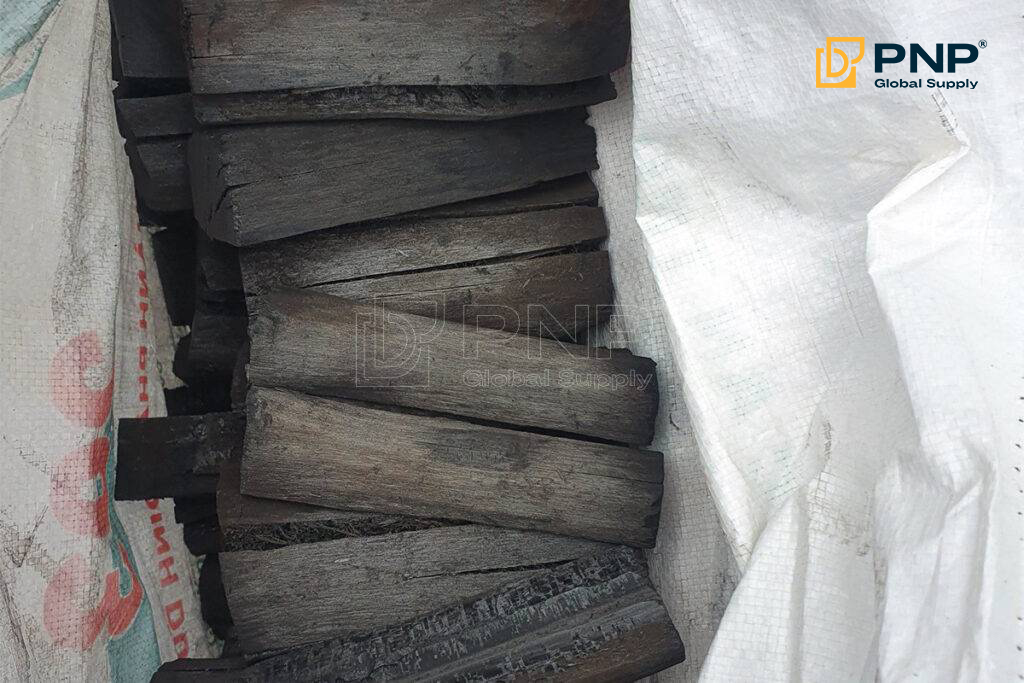
Conclusion
If you’re planning to import charcoal or buy charcoal in bulk, focusing on the top charcoal importing countries—China, Saudi Arabia, South Korea, Japan, and the United States—offers the highest potential for success. Each market has distinct preferences and regulatory expectations, but all share one thing in common: a growing need for quality, sustainable charcoal products.
Whether you’re a supplier looking to expand or a business exploring new sourcing destinations, understanding the countries that import charcoal gives you the competitive edge needed to thrive in 2025’s global market.
Ready to tap into these growing markets? Start by identifying key buyers, aligning your products with their expectations, and building partnerships that drive long-term value in the international charcoal trade.
________________________________
Contact us for more information
Facebook: PNP Charcoal
Instagram: PNP Charcoal
Email: info@pnpglobalsupply.com

